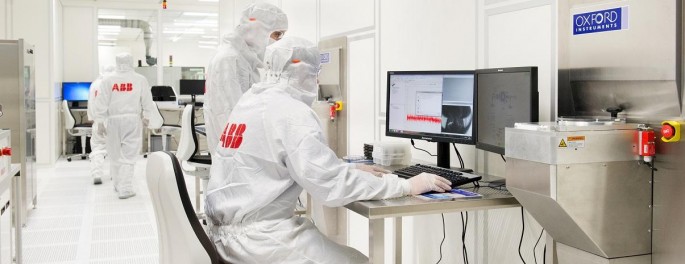Zurich-based ABB, a global leader in power and automation technologies, announced that it will provide automation and engineering services for phase 1 of Sinopec's Fuling Shale Gas Project for the next three years, according to Xinhua.
Sinopec, or China Petroleum and Chemical Corporation, will be working with ABB in developing China's first large-scale shale gas project in Jiaoshiba Block in Fuling, Chongqing. The deal with ABB will largely consist of drilling 91 new wells and constructing shale gas gathering and transmission facilities.
The Fuling field, which was discovered two years ago, is said to have massive reserves of shale gas amounting to 2.1 trillion cubic meters.
In July, the field was verified by the Chinese government as the country's largest shale gas play. According to Natural Gas Asia, China's Ministry of Land and Resources verified proven reserves of nearly 107 billion cubic meters (bcm) in the Fuling shale gas field.
Shale gas is mainly composed of methane and is considered a type of clean energy resource. The development of the Fuling field is expected to alleviate the current shortage in natural gas supply in the country. It is also expected to improve China's overall energy structure, promote energy conservation and cut harmful emissions.
The Chinese government's "Shale Gas Development Plan" released in 2012 mandates the active promotion of the development and use of unconventional oil and gas resources, including shale gas.
Also, under the U.S.-China climate accord recently inked between President Barack Obama and President Xi Jinping at the sidelines of the APEC summit, natural gas is set to become the largest single energy source for developed nations over the next decade and a half, according to an International Energy Agency report.
Under the accord, the U.S. pledged to cut its emissions by 26 to 28 percent below the 2005 level by 2025. China, on the other hand, agreed to have non-fossil fuels make up 20 percent of its primary energy consumption by 2030.
China's shale gas output is expected to hit 6.5 billion cubic meters next year, up from an estimated output between 1 billion and 1.5 billion cubic meters this year, according to Natural Gas Asia.



























